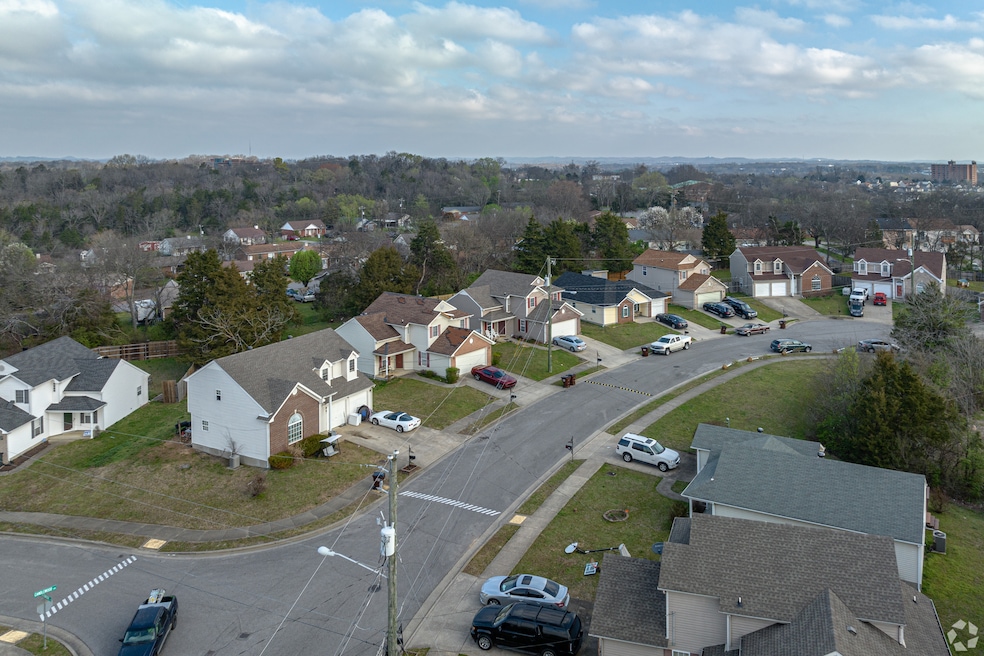U.S. single-family housing starts are fizzling as the effects of lingering elevated mortgage rates and a spate of frigid temperatures across much of the country took their toll on the market.
Builders started a seasonally adjusted 1.366 million homes in January, down 9.8% from a revised December total of 1.515 million and 0.7% below January 2024, according to figures released Wednesday by the U.S. Census Bureau and the Department of Housing and Urban Development. On a monthly basis, multifamily starts dropped 11%, while single-family starts fell 8.4%.
In mid-January, snow blanketed some of the South, including parts of northern Florida and the Panhandle. At the same time, the average for 30-year, fixed-rate mortgages crossed the 7% threshold for the first time since May, according to Freddie Mac. The average has come down in recent weeks, but analysts said they do not expect rates to fall dramatically.
Moreover, an imbalance between supply and demand is not likely to ease soon, given the Trump administration's lack of focus on housing policy, according to Tuan Nguyen, U.S. economist at accounting firm RSM US. Nguyen also said housing inflation will remain persistent, and stricter immigration policies and rising material costs due to tariffs will put more pressure on home prices.
"As a result, the Federal Reserve will most likely keep interest rates restrictive, keeping mortgage rates elevated," Nguyen said in a blog post. "This means the issue of housing unaffordability won’t go away as quickly as Americans hope."
From the Homes.com blog: What Every Buyer (and Seller) Should Know About Real Estate Purchase Agreements
Wednesday's government report comes a day after the National Association of Home Builders said homebuilder sentiment in February fell to a five-month low on tariff concerns and elevated mortgage rates. The NAHB survey of builders showed a dip in builders' use of incentives, such as mortgage rate buy-downs, and that could reduce the pool of eligible buyers.
Still, some analysts said there is reason for optimism in home construction.
Building permits inched up in January to a seasonally adjusted 1.483 million, while housing completions also increased. Meanwhile, single-family starts remain 20% above the five-year pandemic average, said Odeta Kushi, deputy chief economist at First American, a title insurance and settlement services firm. Single-family permits were up 24% in the same period.
The "outlook for the new home market is still buoyed by the limited (but growing) inventory of existing homes — many of which are locked up by homeowners reluctant to sell due to elevated mortgage rates," Kushi wrote on X, formerly Twitter. "Additionally, market expectations are that the Federal Reserve will ease rates this year, though less aggressively than previously anticipated."

